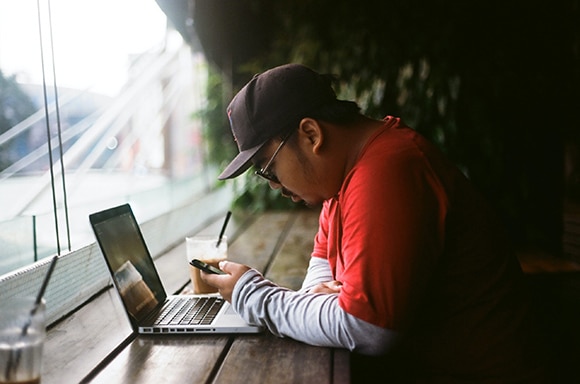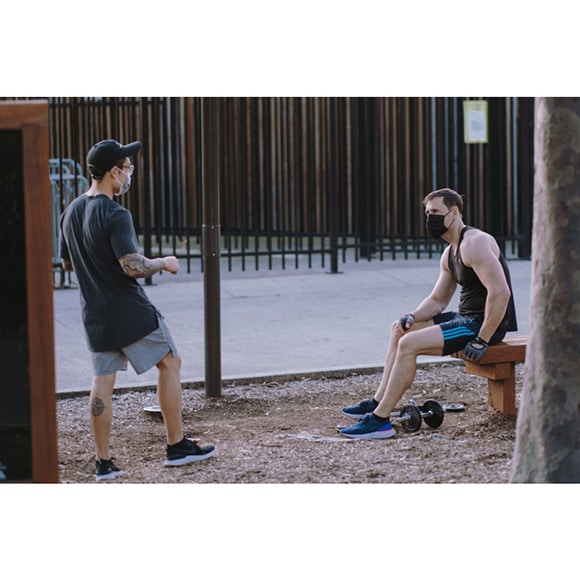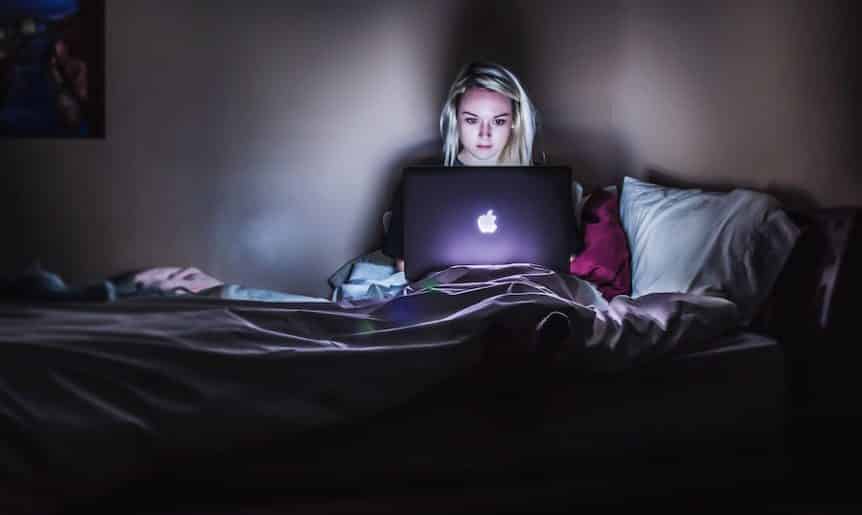No one could have predicted the wave of world events that happened this year. It seems like every day there’s something new vying for our attention. And while major world events are important and do need our collective attention, we also need to recognize how they’re affecting our mental health. Knowing how to deal with complicated feelings, and how to recharge, are some of the most important tools we can keep in our belts. So, how do we go about that?

Our Top 4 Tips for Supporting Your Mental Health During World Events
Tip #1: Disconnect from news and social media
While many of us want to stay as tuned-in and informed as possible by constantly checking the news and scrolling our social media timelines, this can be mentally taxing.
A recent survey from the American Psychological Association found that adults feel conflicted between staying informed, and feeling stressed when they check the news — something many of us can relate to. The survey also found that while 95% of adults check the news regularly, 56% reported that doing so caused them stress. That stress can quickly turn into anxiety, depression, mental fatigue, and can make it really hard to fall asleep.
So, we know constantly monitoring the news isn’t good for mental health. Naturally, the antidote is to disconnect. Don’t worry, this doesn’t mean you have to stay out of touch for good. It just means setting boundaries for yourself and sticking to them. You can do this in any way that works for you and your schedule. Here are a few suggestions:
Tip #2: Monitor your screen time
Most smartphones and social media apps can tell you exactly how much time you’re spending staring at your screen, and where you’re living online. This can give you insight into which apps are taking most of your attention, and where you can scale back.
Don’t check the news or social media for at least an hour after waking: Many of us reach for our phones the second after opening our eyes. Some head straight to Twitter, Instagram, Facebook, or LinkedIn. Others jump right into email. Or into a favorite news app. Instead, try replacing this with new, positive habits. Set a phone-free morning routine to start your day off right. This is a great time to sneak in some self-care.
Give yourself set breaks: Turn off notifications for certain hours of the day. To make it really easy on yourself, you can program your phone to automatically jump into Do Not Disturb mode.
Tip #3: Watch your thoughts
Big world events and sudden changes can make us feel on-edge, anxious, and unsure about the future. Know that these are all normal responses. They’re your brain’s way of gearing up to protect you for what’s to come. While these responses are valid, they’re not always helpful in our day-to-day lives, and they can make it difficult to go on with our normal routines.
The good news is, we can reevaluate our thoughts to work for us rather than against us. Start paying attention to how you feel, and what’s taking up space in your mind. If your thoughts are leaning negative and making you feel anxious, try Helpful Thinking techniques.

Tip #4: Don’t go at it alone
Sometimes we can’t manage complicated feelings all on our own. Especially during uncertain times. Know that you aren’t alone, and you’re definitely not the only person feeling stress during major world events — so reach out to your network and spark conversations. Connecting with other people in the same boat can make us feel supported, less isolated, and give us somewhere to turn to when things get especially difficult. This can include your family, friends, co-workers, or a mental health professional.
Talking to a counsellor can be one of the best ways to cope with stressful events and life changes. They can help unpack thoughts and emotions, and give you the tools to manage stress and anxiety when they come up. WellIn5 can connect you with a counsellor that fits your unique needs. And, it’s all conveniently online. So you can continue safely social distancing.
Major world events affect us all. They can fundamentally change the way we go about our lives — and that can be super stressful. Limiting screen time, managing our thoughts, and reaching out to support systems are just a few strategies that can go a long way in making all of this easier to navigate. For a little extra support, reach out to a counsellor today.

